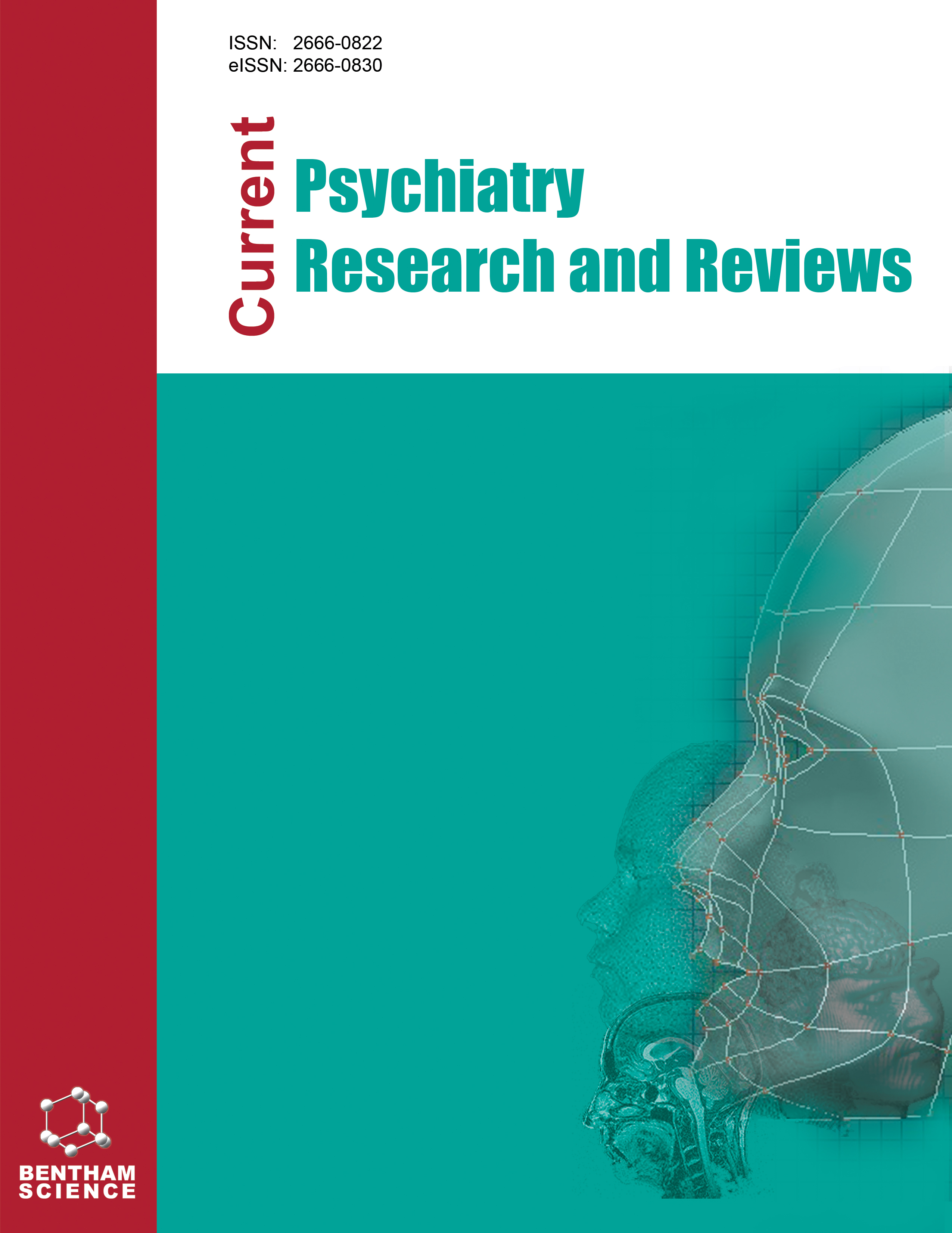-
s Music Therapy in the Management of Dementia
- Source: Current Psychiatry Research and Reviews, Volume 15, Issue 1, Mar 2019, p. 20 - 25
-
- 01 Mar 2019
Abstract
Background: Due to the increase in life expectancies and the number of aging population worldwide, there is a rise of aging diseases, out of which the most common is dementia. Therefore, researchers all over the world look for another alternative ways that can improve cognitive competency and neuropsychiatric disorders of these people in order to assist them in maintaining the quality of their life and reducing the overall economic burden. One of the alternative approache seems to be non-pharmacological therapies, which are non-invasive, with minimum side effects and definitely less costly, such as a music therapy (MT). Objective: The purpose of this review study is to discuss benefits and limitations of music therapy in the management of dementia. Method: This was done by conducting a literature review of available sources found in the Web of Science, Scopus and MEDLINE. Results: The findings show that MT may be a promising non-invasive strategy with a long history of use, relatively favorable acceptance among patients with dementia, and its efficacy especially in the treatment of psycho-behavioral symptoms of dementia. Conclusion: However, more research should be conducted in the area of cognitive functioning, as well as on the mechanism of MT for dementia patients.


